Lymphoma In Cats Stomach
This term describes lymphoma that affects the gastrointestinal tract. Gastrointestinal lymphoma in cats is an increasingly common disease that can affect a cat's small intestine, stomach, liver, abdominal lymph nodes or large intestine.
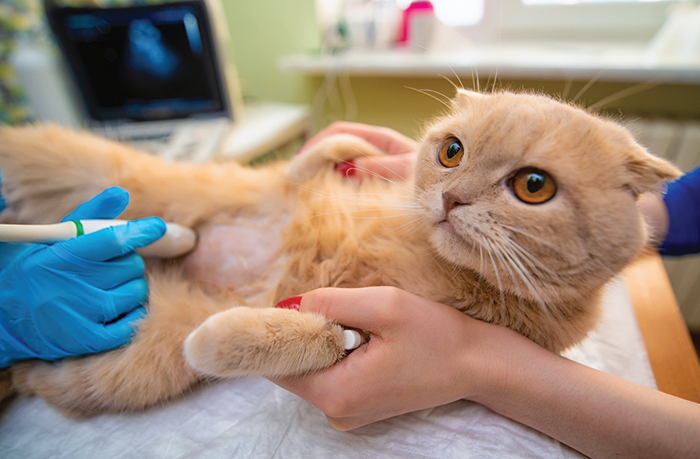
Ascites Is A Serious Symptom - Catwatch Newsletter
Lymphoma is a cancer of the cells of the immune system called lymphocytes.

Lymphoma in cats stomach. Originates in the lymph nodes. In most cases, the cause of a cat’s lymphoma is unknown. Feline gi lymphoma is histologically classified as low, intermediate or high grade according to the size and anaplasticity of the neoplastic lymphoid cells.
This disease can, therefore, vary from something which cats can live with for some time without illness to a rapidly progressive and fatal condition. Common sites of lymphoma in cats include: It is also considered one of the most widespread forms of cancer.
It is also known as gastric lymphoma; Mediastinal lymphoma in cats if your cat has mediastinal lymphoma, you’re most likely to notice respiratory problems, like. Lymphoma (which is also known as malignant lymphoma and lymphosarcoma) is the single most common cancer that affects cats.
Feline lymphoma or lymphosarcoma is the most common form of cancer in cats. When your cat has this disease, it's important to recognize and understand the end stages, and to. Vomiting cats can also have intestinal lymphoma, and ibd, along with intestinal lymphoma, account for around 90% of cases with chronic vomiting and/or diarrhea as the main presenting symptom.
Intestinal lymphoma is the most common form of lymphoma in cats. Lymphoma is a solid tumour of a type of white blood cell (lymphocyte) that is involved in immune responses. Gastrointestinal (gi) (or alimentary) lymphoma is the most common form of lymphoma in cats.
Lymphoma is classified by the location of the disease (e.g. This is a spectrum of diseases including low grade lymphoma, high grade lymphoma and large granular lymphocyte lymphoma (lgl). Lymphoma is the general term for cancer that originates in the lymphocytes, or white blood cells of the immune system.
Feline gastric lymphoma, which is also commonly referred to as gastrointestinal lymphoma or gi lymphoma, is a malignant (cancerous) tumor that disrupts the normal lining of the cat's stomach, causing erosion of the stomach lining and even ulcers that will bleed. Gastrointestinal tract, nasal cavity, mediastinal) and the size of the lymphocytes (large cell versus small cell). In some cases, particularly with lymphoma located in the gastrointestinal tract, surgery may be required to remove a physical mass.
Chemotherapy has the highest chance of putting affected cats into the remission stage. It’s also important to note. Many cat caretakers think their cat is just “a.
Large cell lymphoma in cats is far more aggressive and has a poorer prognosis. Lymphoma in cats most commonly affects the gastrointestinal tract, although since the immune system is distributed throughout the body, lymphoma can be seen in any organ in the body including the eyes, in front of the heart, and in the kidneys, liver or spleen. Affects the lymphoid organs in the chest, most often seen in young cats.
However, lymphoma more commonly arises from other tissues in the body. Eventually the disease will be fatal. In addition to being present in the blood, there are accumulations of lymphocytes.
It's highly treatable but incurable; Intestinal lymphoma originates in the gi tract, and will often be accompanied by severe gastrointestinal symptoms. Affects the kidneys as healthy kidney cells get replaced by cancerous cells.
Affects the gastrointestinal tract, this is the most common type, more likely in senior cats. It may arise in lymphoid tissues such as lymph nodes, spleen, and bone marrow. Gastrointestinal (gi) lymphoma is the most frequently diagnosed form of lymphoma in the cat and is categorized into two distinct forms based on the size of neoplastic lymphocytes.
Depending on which area of the body is affected, the symptoms of lymphoma in cats are different. Lymphoma is one of the most common cancer in cats. This type of lymphoma first involves the stomach and later can involve other parts of the body including the lymph nodes and bone.
Gastric lymphoma, or lymphoma of the stomach, can occur as a single, isolated mass within the stomach wall or it may be a component of more widespread lymphoma affecting the entire gastrointestinal tract. Common sites of lymphoma in cats include: This term describes lymphoma that affects the gastrointestinal tract.
The condition may be primary (common) or secondary (uncommon): The most common type of stomach cancer in cats is lymphoma. Unlike canine lymphoma, feline lymphoma rarely occurs in the lymph nodes.
Lymphocytes are present throughout the body, so cats can develop lymphoma in multiple organs. Even the tumor itself bleeds, as. Radiation treatment may also be used in cats that are unable to undergo chemotherapy.
Feline intestinal lymphoma some of the signs of intestinal lymphoma in cats are weight loss, changes in appetite, and vomiting and/or diarrhea. Over time, it can grow large. Lymphoma of stomach is an uncommon lymphoma that is mostly observed in older adults.
Lymphoma is the abnormal proliferation of lymphocytes which are one of the main types of white blood cells involved in immunity.

Ultrasonographic Images Of A Cat With Gastric And Jejunal High-grade Download Scientific Diagram

Anatomyforme Diagrams Of Feline Arterial And Venous Systems Vet Tech School Vet Medicine Veterinarians Medicine

Intestinal Cancer In Cats Signs And Symptoms Septic Shock In Cats If Your Cat Is Eating Less But Seems To Be Bulking Up Take A Trip To The Vet Says Rocha
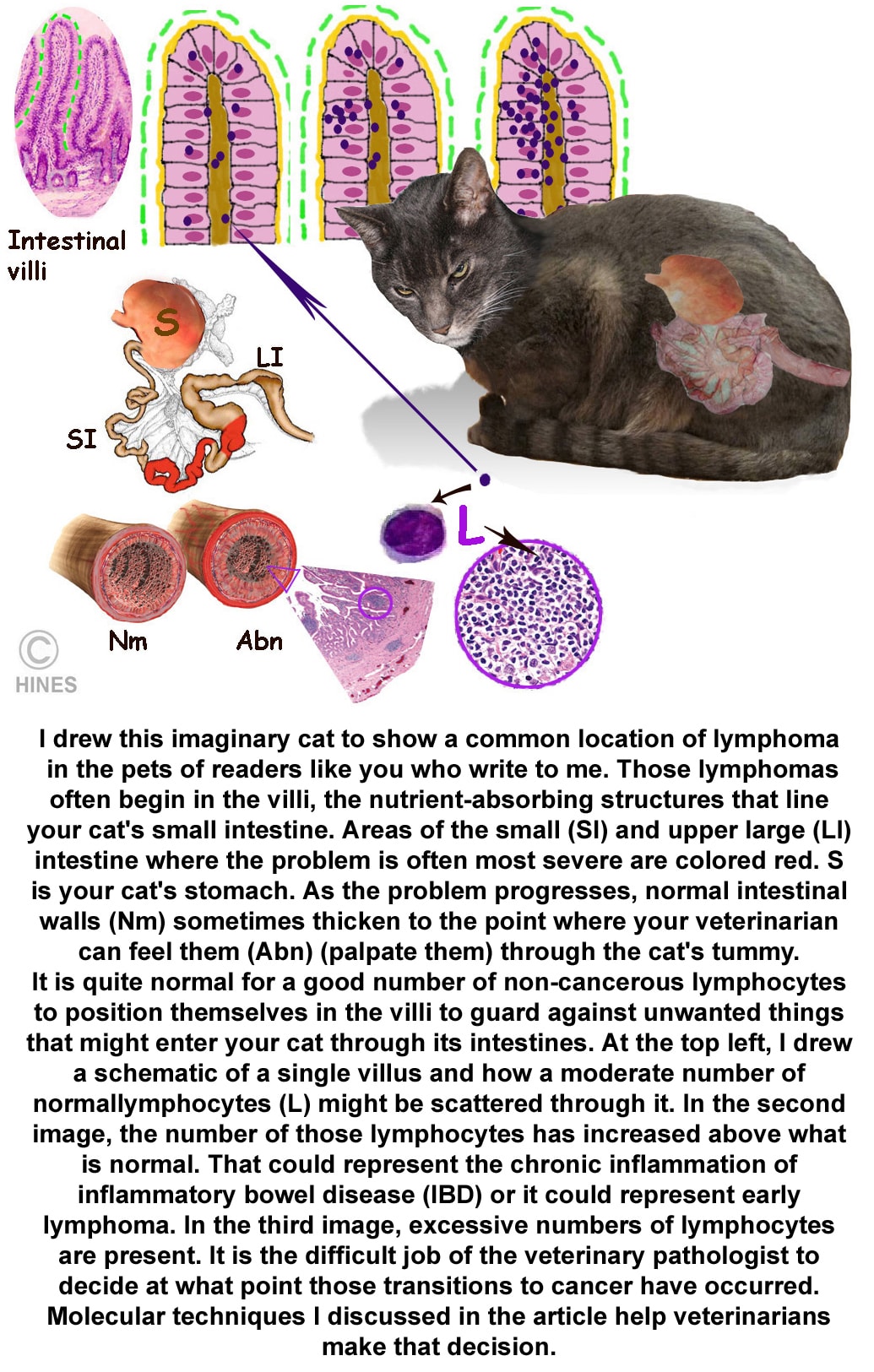
Lymphoma In Your Cat

Fluid In Abdomen In Cats Petmd
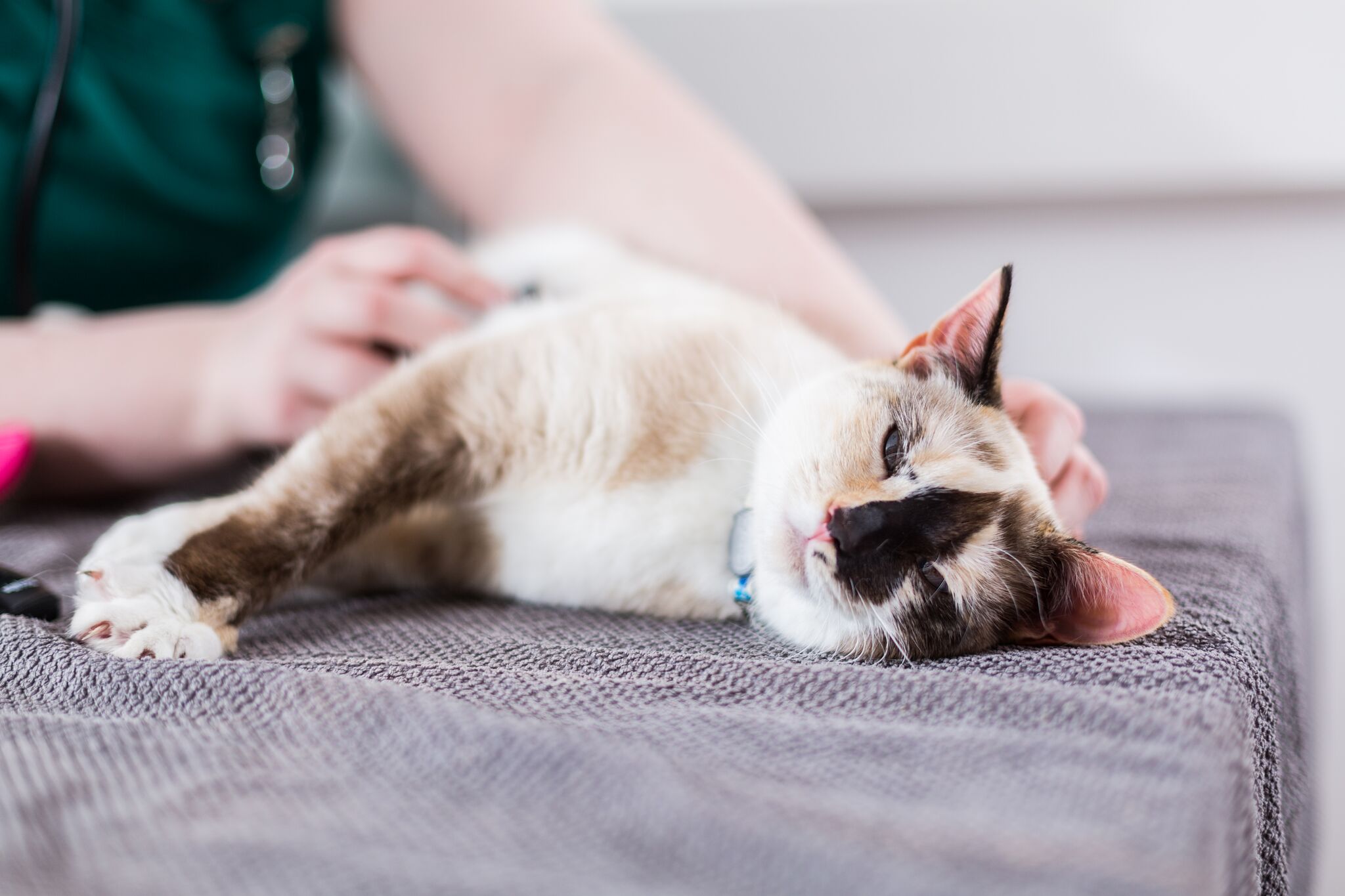
Blog Referral Vets In Leeds - Swift Referrals
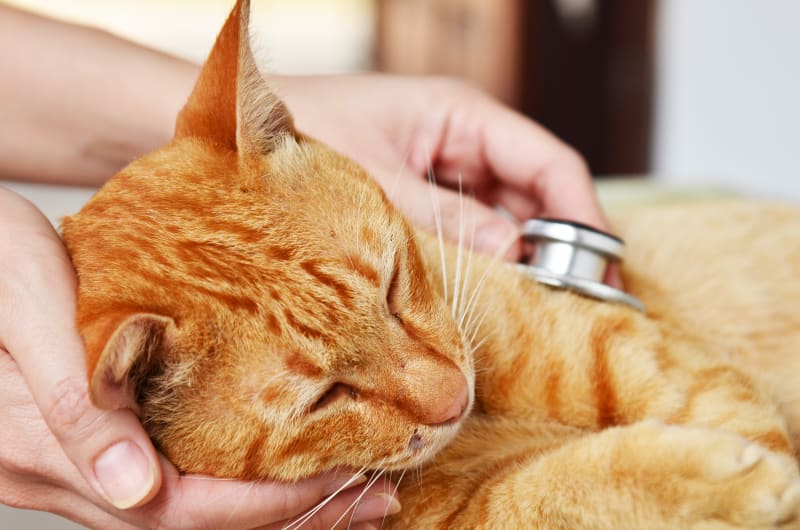
What You Should Know About Stomach Intestinal Cancer In Cats Matthews Emergency Specialist Vets

Gurgling Sound In Cats Stomach - Possible Causes And Treatment
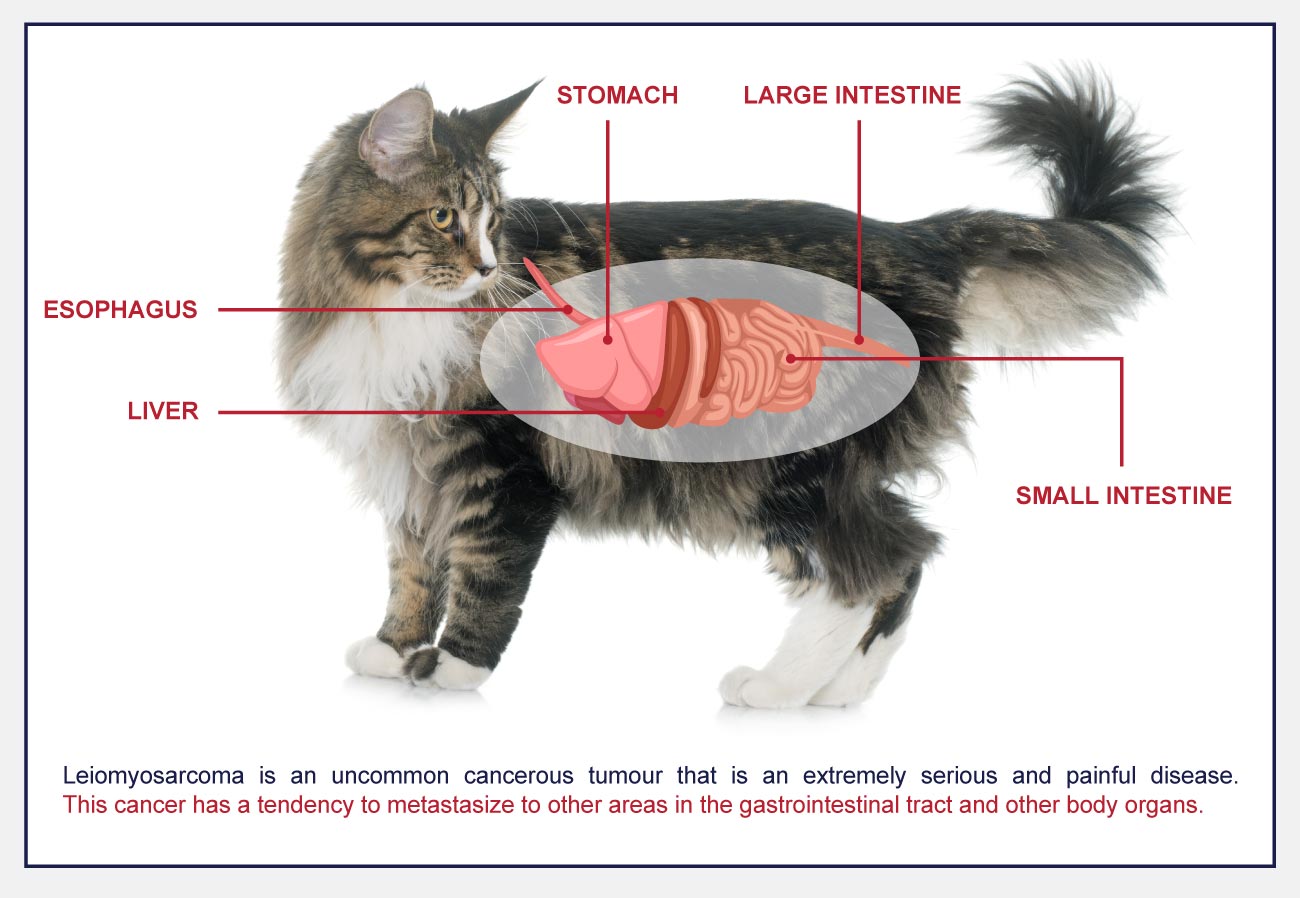
What Are Signs Of Stomach Cancer In Cats - 10 Cat Cancer Signs To Look Out For Readers Digest The Symptoms Associated With Stomach Cancer In Cats May Vary Based
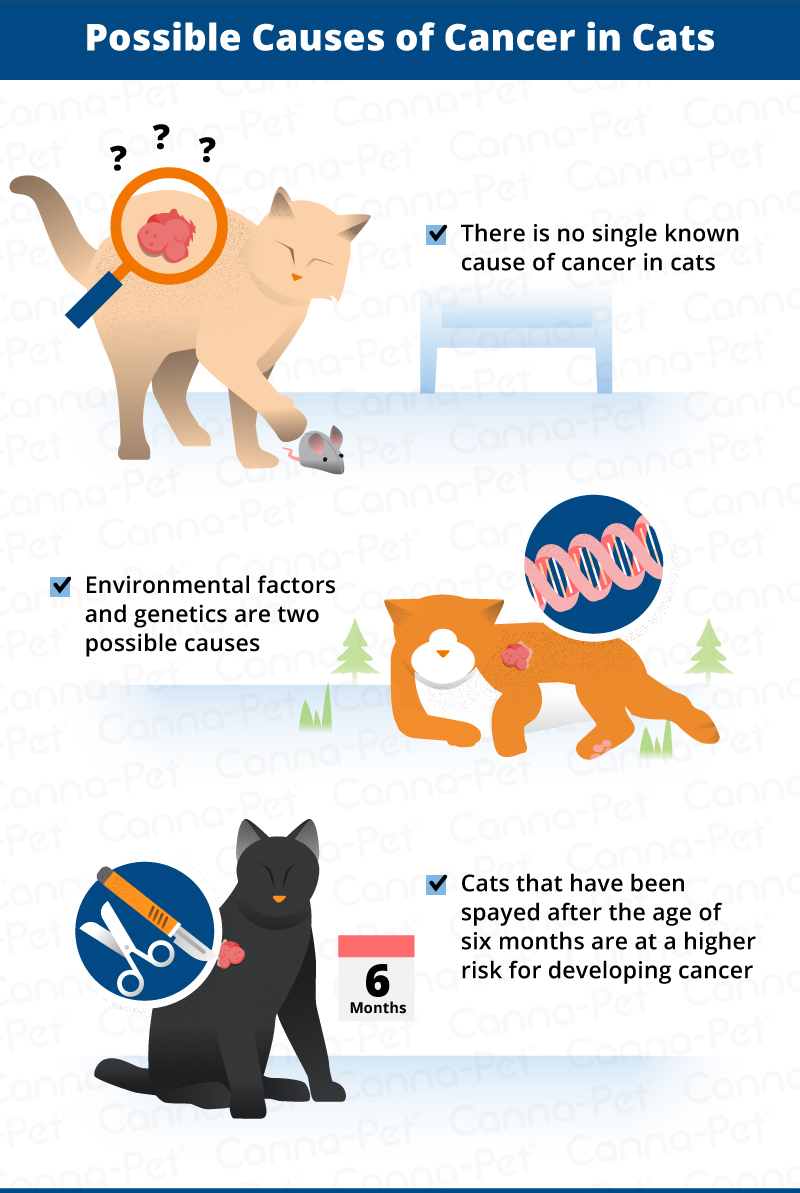
What Are Signs Of Stomach Cancer In Cats - 10 Cat Cancer Signs To Look Out For Readers Digest The Symptoms Associated With Stomach Cancer In Cats May Vary Based
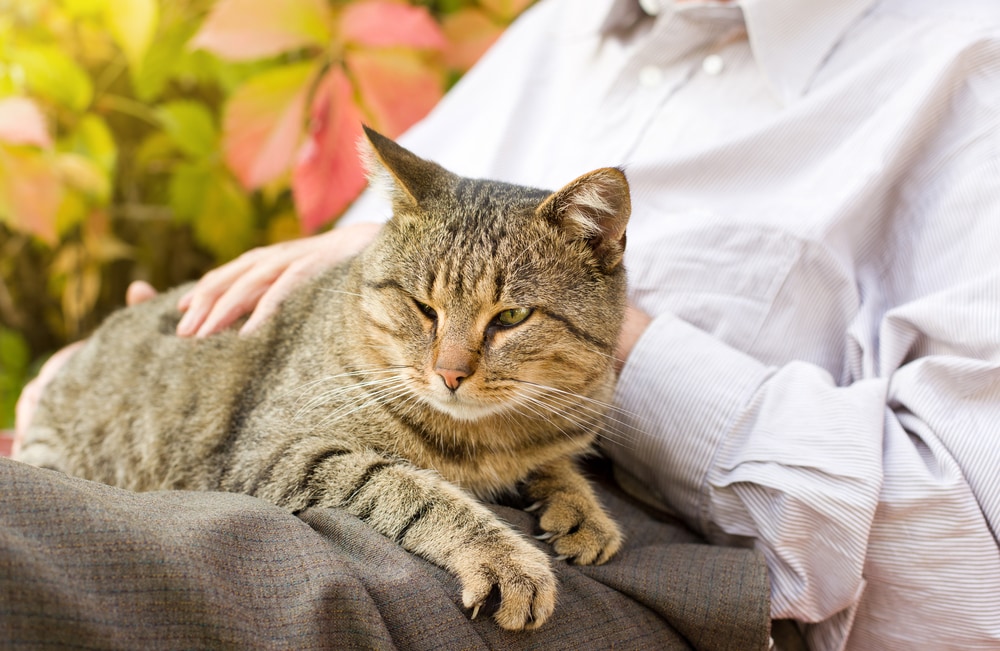
Stomach And Intestinal Cancer Leiomyosarcoma In Cats Petmd
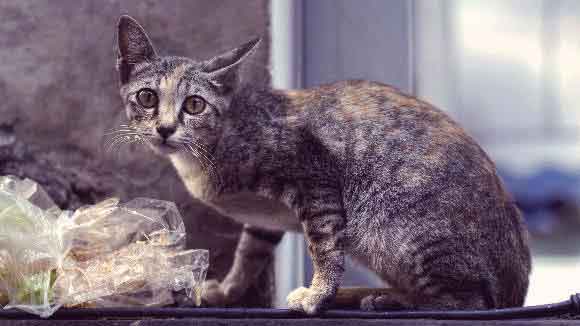
7 Signs Of Feline Lymphoma Petcarerx

Stomach Cancer In Cats Causes Symptoms Treatment - All About Cats

Possible Reasons Why Your Cat Has A Swollen Abdomen Or Belly - Pethelpful

Inflammatory Bowel Disease In Cats

Lymphoma In Cats Petmd

Diagnosis And Treatment Of Feline Lymphoma - Glories Veterinary Hospital

Lymphatic System Of The Dog And Cat Cat Anatomy Animal Hospital Feline Anatomy

Pin On Keeping Your Cat Healthy